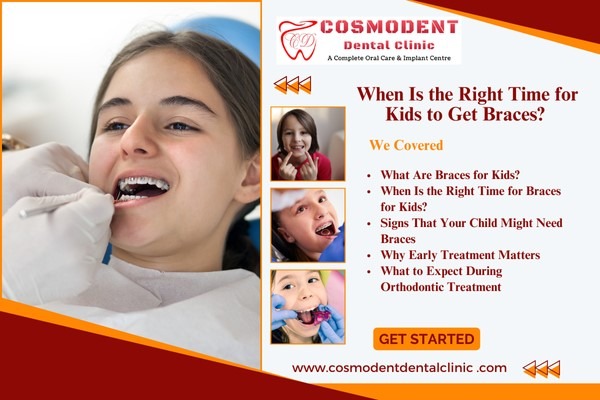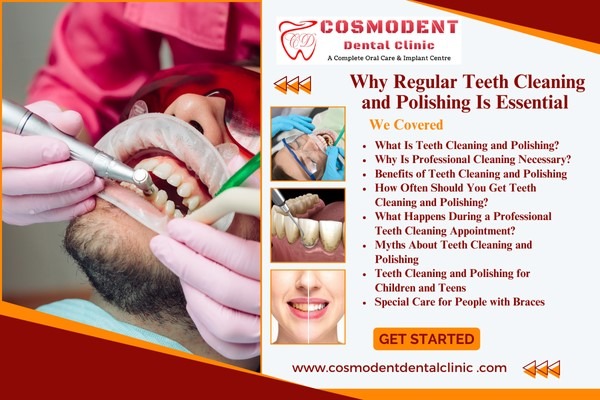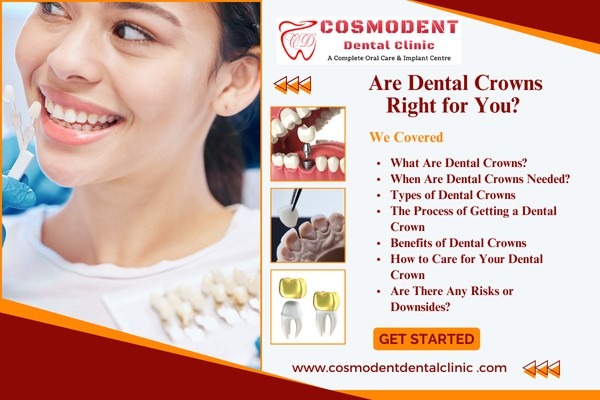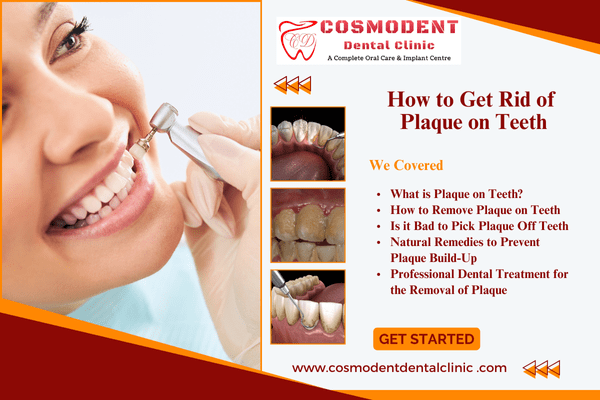If you’re dealing with damaged, decayed, or weakened teeth, you must wonder what restoration options are available to get the strength and appearance of your smile back. One of the most common and effective solutions is dental crowns. These teeth -shaped caps are designed to cover and protect damaged teeth, restore the function and improve the aesthetics.
In this broad guide, we will dive into all things you need to know about dental crowns – how they work and when they need, different types of dental crowns, their benefits and how to take care of them. Towards the end of this article, you will clearly be considered whether dental crowns are the right solution for you.
What Are Dental Crowns?
A dental crown is a custom-made cap that fits on a tooth. It restores shape, size, strength and appearance. The crown is often used when a tooth is very damaged to fill to be effective, but so far it is not gone that it must be extracted.
Dental crowns can be made from a variety of materials, including metal, porcelain, ceramics, resin or a combination of materials. They are safely cemented in place and surround the visible part of the tooth above the gum line.
When Are Dental Crowns Needed?
Dental crowns serve both restorative and cosmetic purposes. You may need a crown in the following scenarios:
- To protect a weak tooth from breaking or to hold together parts of a cracked tooth.
- To restore a broken or severely worn-down tooth.
- To cover and support a tooth with a large filling when there isn’t enough natural tooth left.
- To hold a dental bridge in place.
- To cover misshapen or severely discolored teeth.
- To cover a dental implant.
- To make a cosmetic modification for aesthetic purposes.
Types of Dental Crowns
There are many types of dental crowns, each with their own pros and cons. Choosing the right crown depends on many factors, including the location of the tooth, budget and your personal choice for appearance and durability.
-
Porcelain-Fused-to-Metal (PFM) Crowns
These crowns combine metal strength with aesthetics of porcelain. Metal structure provides durability, while porcelain overlay mimics as natural teeth.
Pros:
- Strong and durable
- Good aesthetics
- Suitable for both front and back teeth
Cons:
- Porcelain can chip or wear over time
- A dark metal line may be visible at the gum line
-
All-Ceramic or All-Porcelain Crowns
These crowns are made entirely from ceramic or porcelain, offering the best natural color match.
Pros:
- Excellent for front teeth
- Ideal for people with metal allergies
- Highly aesthetic
Cons:
- Less durable than metal-based crowns
- More prone to cracking under heavy biting pressure
-
Gold Crowns
Gold crowns are made from a mix of gold and other metals. While they don’t mimic the natural color of teeth, they are incredibly strong and long-lasting.
Pros:
- Extremely durable
- Gentle on surrounding teeth
- Rarely chip or break
Cons:
- Highly visible
- Not ideal for front teeth
-
Zirconia Crowns
Zirconia is a newer material that combines strength and aesthetics. These crowns are becoming increasingly popular.
Pros:
- Strong and durable
- Can be color-matched to natural teeth
- Biocompatible (less likely to cause allergic reactions)
Cons:
- May cause wear on opposing teeth
- Opaquer than porcelain
-
Resin Crowns
These are usually a temporary option, made from composite resin. They’re used while waiting for a permanent crown to be made.
Pros:
- Less expensive
- Quick to make
Cons:
- Not very durable
- Prone to wear and fractures
Understanding the types of dental crowns available can help you make an informed decision based on your individual needs, the location of the tooth, and your budget.
The Process of Getting a Dental Crown
Here’s a step-by-step overview of what you can expect when getting a dental crown:
Step 1: Evaluation and Preparation
Your dentist will examine your teeth, take an X -ray and decide if a crown is the best option. The tooth is then reshaped to make a place for the crown. If there is considerable decay or damage, your dentist may need to build a tooth with filling material.
Step 2: Impression and Temporary Crown
Once reshaped, the dentist takes the tooth impression and sends it to a dental laboratory. You will receive a temporary crown to protect the tooth until the permanent crown is ready.
Step 3: Permanent Crown Placement
After a few weeks, your fixed crown will be ready. Your dentist will remove the temporary crown, check the fit and color of permanent one, and cement it into place once everything looks good.
Some modern dental offices offer the same day crowns using CAD/CAM technology, which allows you to leave the temporary crown and complete the entire process on the single visit.
Benefits of Dental Crowns
Dental crowns offer a variety of benefits, making them a popular solution for many dental issues.
- Restores tooth function for chewing and speaking
- Protects damaged or weak teeth from further decay or fracture
- Improves appearance by covering discolored or misshapen teeth
- Supports other dental work like bridges or implants
- Long-lasting solution, often lasting 10–15 years or more with proper care
How to Care for Your Dental Crown
Even though dental crowns are durable, they still require proper care to ensure longevity.
- Practice good oral hygiene: Brush twice daily, floss regularly, and use an antibacterial mouthwash.
- Avoid hard foods: Don’t bite down on ice, hard candy, or use your teeth to open things.
- Regular dental visits: See your dentist for routine checkups and professional cleanings.
- Watch for signs of wear or discomfort: Let your dentist know if your crown feels loose or you experience pain.
With the right care, crowns can last anywhere from 10 to 20 years—or even longer in some cases.
Are There Any Risks or Downsides?
While dental crowns are generally safe and effective, there are some potential risks to be aware of:
- Sensitivity: You may experience sensitivity to hot or cold foods, especially if the crowned tooth still has a live nerve.
- Chipping: Porcelain crowns can chip, especially if you grind your teeth.
- Loose crown: Over time, the crown may become loose due to wear on the cement.
- Allergic reaction: Though rare, some people may have allergies to the materials used.
Talk to your dentist about these potential issues and how they can be managed or prevented.
Final Thoughts: Are Dental Crowns Right for You?
If you have a tooth that is damaged, weak or unattractive, the dental crown may be the right solution. They provide structural support, increase appearance and restore functionality, and give them a reliable alternative for many dental conditions.
By understanding the types of tooth crowns, the process involves and how you can take care of your crown, you will be better equipped to make an informed decision. Contact Us with our dentist to detect your options and decide which crown type is best for your needs and lifestyle.








